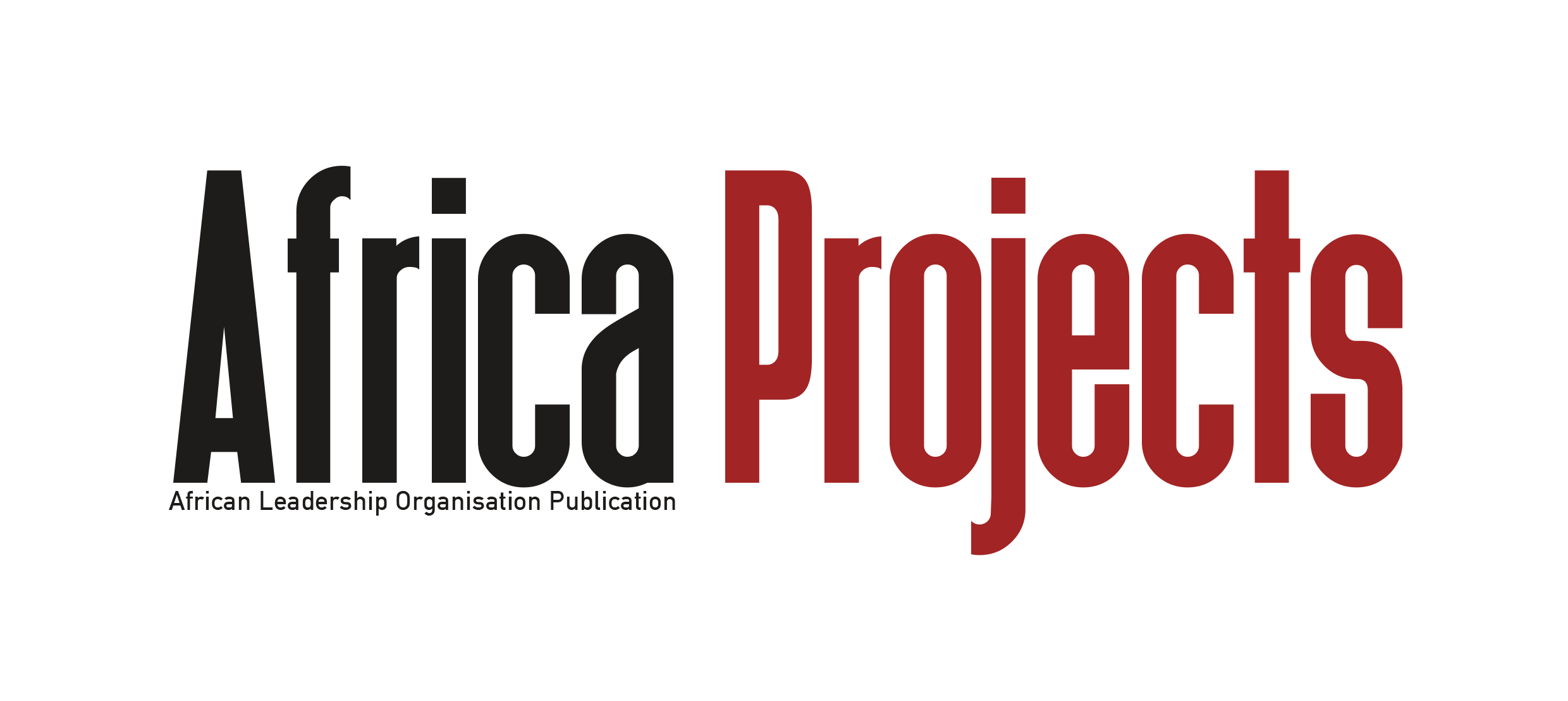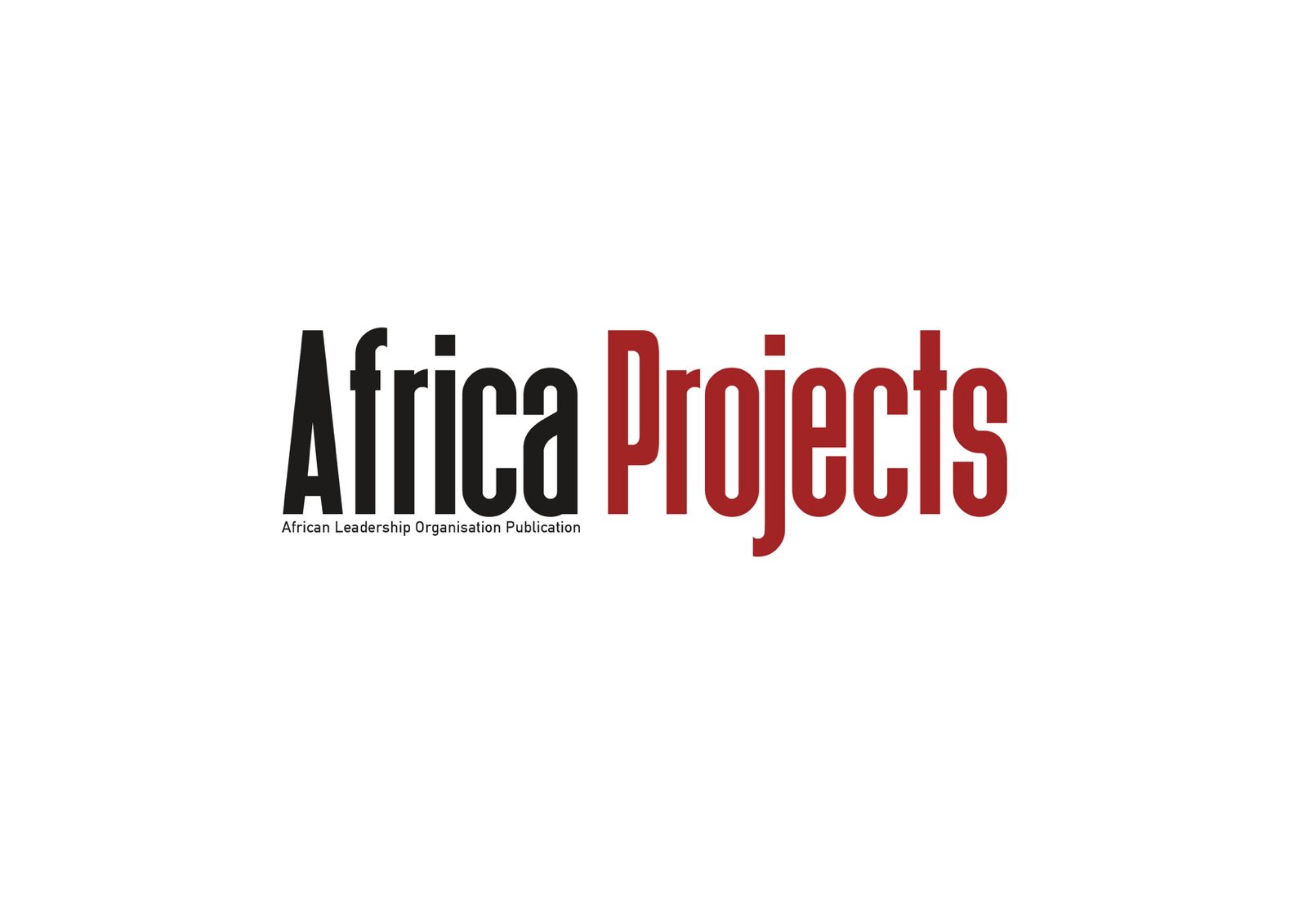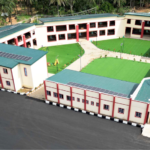- Home
- Features
- Startup Zone
- Projects
- Policies
- Shop
- Policies
- Projects
- Startup Zone
- Country Spotlight
- Analysis
- Tech
- Policies
- Projects
- Startup Zone
- Country Spotlight
- Analysis
- More
- Beyond the Kalashnikov: Africa’s Shift Toward Technology-Driven Warfare
- Afrail Express: Uniting a Continent on Rails
- AFRICA’S ENERGY CORRIDORS: CONNECTING POWER, PEOPLE, AND PROSPERITY
- Startup Lions Campus: Empowering Kenya’s Digital Generation
- L’Art de Vivre’s Le Paradis de Mahdia: Tunisia’s Model for Sustainable Luxury
- The Lobito Corridor: Rewiring Africa’s Trade Arteries Through Strategic Infrastructure
- AFRICA’S GREEN ENERGY TRANSITION: A BEACON OF HOPE FOR CLIMATE ACTION
- Dangote Refinery: Showcasing Africa’s Project Success Story
- AFRICA GREEN ECONOMY: ALL YOU NEED TO KNOW
- The Most Important Amicus Brief in the History of the World
- The Rise of Indigenous UAVs: Africa’s Drone Capabilities in Warfare and Surveillance
- AFRICA’S LARGEST OIL PRODUCERS: A COMPREHENSIVE OVERVIEW
- Beyond the Kalashnikov: Africa’s Shift Toward Technology-Driven Warfare
- Afrail Express: Uniting a Continent on Rails
- AFRICA’S ENERGY CORRIDORS: CONNECTING POWER, PEOPLE, AND PROSPERITY
- Startup Lions Campus: Empowering Kenya’s Digital Generation
- L’Art de Vivre’s Le Paradis de Mahdia: Tunisia’s Model for Sustainable Luxury
- The Lobito Corridor: Rewiring Africa’s Trade Arteries Through Strategic Infrastructure
- AFRICA’S GREEN ENERGY TRANSITION: A BEACON OF HOPE FOR CLIMATE ACTION
- Dangote Refinery: Showcasing Africa’s Project Success Story
- AFRICA GREEN ECONOMY: ALL YOU NEED TO KNOW
- The Most Important Amicus Brief in the History of the World
- The Rise of Indigenous UAVs: Africa’s Drone Capabilities in Warfare and Surveillance
- AFRICA’S LARGEST OIL PRODUCERS: A COMPREHENSIVE OVERVIEW
- Beyond the Kalashnikov: Africa’s Shift Toward Technology-Driven Warfare
- Afrail Express: Uniting a Continent on Rails
- AFRICA’S ENERGY CORRIDORS: CONNECTING POWER, PEOPLE, AND PROSPERITY
- Startup Lions Campus: Empowering Kenya’s Digital Generation
- L’Art de Vivre’s Le Paradis de Mahdia: Tunisia’s Model for Sustainable Luxury
- The Lobito Corridor: Rewiring Africa’s Trade Arteries Through Strategic Infrastructure
- Startup Zone
Top Insights
Power Supply And Economic Growth In Africa: A Critical Link
The relationship between power supply and economic growth in Africa is intricate and critical. While the challenges facing Africa's power sector are significant, there are opportunities and potential solutions.

Africa, a continent rich in natural resources and home to over 1.3 billion people, continues to face significant challenges in achieving sustainable economic growth. One of the critical factors hindering economic development in Africa is the lack of reliable and efficient power supply. The relationship between power supply and economic growth in Africa is intricate and critical, with power supply playing a vital role in driving economic growth and development.
THE CURRENT STATE OF POWER SUPPLY IN AFRICA
With a rapidly growing population and economy, the continent faces significant challenges in providing reliable and efficient power supply to its citizens. The current state of power supply in Africa is characterized by inadequate generation capacity, inefficient transmission and distribution networks, limited access to electricity, reliance on fossil fuels, and lack of investment. Africa’s power generation capacity is insufficient to meet the growing demand for electricity, with the continent’s installed power generation capacity being approximately 250 GW, which is less than 10% of the world’s total installed capacity.
The transmission and distribution networks in Africa are often inefficient, leading to significant power losses and outages. The average transmission and distribution loss in Africa is around 20%, compared to 5-10% in developed countries. Furthermore, many Africans still lack access to electricity, with over 600 million people in Africa lacking access to electricity, according to the International Energy Agency (IEA). This not only hinders economic development but also affects the quality of life for millions of people. In addition, Africa’s power sector is heavily reliant on fossil fuels, particularly coal and gas, which contributes to climate change and makes the continent vulnerable to price volatility and supply disruptions.
The power sector in Africa requires significant investment to address the existing infrastructure gap and meet growing demand. However, the sector faces challenges in attracting investment, particularly from private sector investors. Despite these challenges, there are opportunities for growth and development in Africa’s power sector. The continent has an abundance of renewable energy resources, particularly solar and wind power, which can be harnessed to provide clean and sustainable energy. Private sector participation can also bring in much-needed investment, expertise, and efficiency to the power sector. Additionally, regional cooperation and integration can help to address the power supply challenges facing Africa, by enabling the sharing of resources, expertise, and risk.
Regional variations in the state of power supply in Africa are significant. North Africa has a relatively well-developed power sector, with a high percentage of the population having access to electricity. Southern Africa has a significant installed power generation capacity, but the region faces challenges in terms of transmission and distribution losses. East Africa has made significant progress in recent years in terms of increasing access to electricity, particularly in countries such as Kenya and Ethiopia. However, West Africa faces significant challenges in terms of power supply, with many countries in the region struggling to provide reliable and efficient electricity.
The current state of power supply in Africa is characterized by significant challenges, including inadequate generation capacity, inefficient transmission and distribution networks, limited access to electricity, reliance on fossil fuels, and lack of investment. However, there are opportunities for growth and development in the power sector, particularly in terms of renewable energy, private sector participation, regional cooperation, and energy efficiency. Addressing the power supply challenges facing Africa will require a comprehensive approach that takes into account the unique challenges and opportunities facing each region and country.
THE IMPACT OF POWER SUPPLY ON ECONOMIC GROWTH
A reliable and efficient power supply is essential for economic growth and development. It enables businesses to operate effectively, increases productivity, and attracts investments. In contrast, inadequate power supply can lead to reduced economic productivity, increased costs, limited investment, and reduced economic growth. Power outages and shortages result in lost productivity, reduced economic output, and decreased competitiveness. Businesses and households incur additional costs due to the need for alternative power sources, such as generators, which are often expensive and inefficient. Inadequate power supply also deters investors, as it increases the risk and cost of doing business in Africa.
SUCCESS STORIES: POWER SUPPLY AND ECONOMIC GROWTH IN AFRICA
Despite the challenges, there are success stories of African countries that have made significant strides in improving power supply and driving economic growth. Rwanda, for example, has made significant investments in renewable energy, particularly solar and hydroelectric power. The country aims to increase access to electricity from 25% to 100% by 2024. Kenya has also implemented a range of initiatives to improve power supply, including the development of geothermal energy and the construction of new transmission lines. South Africa has invested heavily in renewable energy, particularly wind and solar power, and has implemented policies to promote energy efficiency and reduce demand.
OPPORTUNITIES AND POTENTIAL SOLUTIONS
While the challenges facing Africa’s power sector are significant, there are opportunities and potential solutions. Africa has an abundance of renewable energy resources, including solar, wind, hydroelectric, and geothermal power. Encouraging private sector participation in the power sector can bring in much-needed investment, expertise, and efficiency. Regional cooperation and integration can also help to address the power supply challenges facing Africa, by enabling the sharing of resources, expertise, and risk. Promoting energy efficiency and reducing demand can also help to alleviate the pressure on the power sector and reduce the need for new generation capacity.
The relationship between power supply and economic growth in Africa is intricate and critical. While the challenges facing Africa’s power sector are significant, there are opportunities and potential solutions. By investing in renewable energy, promoting private sector participation, encouraging regional cooperation, and promoting energy efficiency, Africa can address its power supply challenges and drive economic growth. It is essential for African governments, private sector investors, and regional organizations to work together to address the power supply challenges facing the continent and drive economic growth and development.
To address the power supply challenges facing Africa and drive economic growth, African governments and private sector investors must prioritize investments in renewable energy, particularly solar, wind, hydroelectric, and geothermal power. Governments should also create an enabling environment for private sector participation in the power sector, including through public-private partnerships and independent power producer (IPP) programs. Regional organizations, such as the African Union and the Economic Community of West African States (ECOWAS), should promote regional cooperation and integration in the power sector. Governments and private sector companies should also promote energy efficiency and reduce demand, through initiatives such as energy-efficient lighting and appliances, and building insulation. By implementing these recommendations, Africa can address its power supply challenges, drive economic growth, and achieve a brighter future for its citizens.
Recent Posts
Related Articles
Cutting-Edge Environmental Conservation Projects and Their Champions
Environmental conservation has entered a decisive era. As climate change accelerates, biodiversity...
ByafricaprojectJanuary 28, 2026Clean Water Access Projects Improving Lives in Underserved Regions
Access to clean and reliable water remains one of Africa’s most pressing...
ByafricaprojectJanuary 19, 2026Industrial Corridors Attracting Global Investors
Across Africa, industrial corridors are emerging as strategic economic arteries driving industrialization,...
ByafricaprojectJanuary 16, 2026The Engineers Behind Africa’s Tallest and Most Iconic Towers
Across Africa, the rise of tall and iconic towers is reshaping skylines...
ByafricaprojectJanuary 15, 2026












